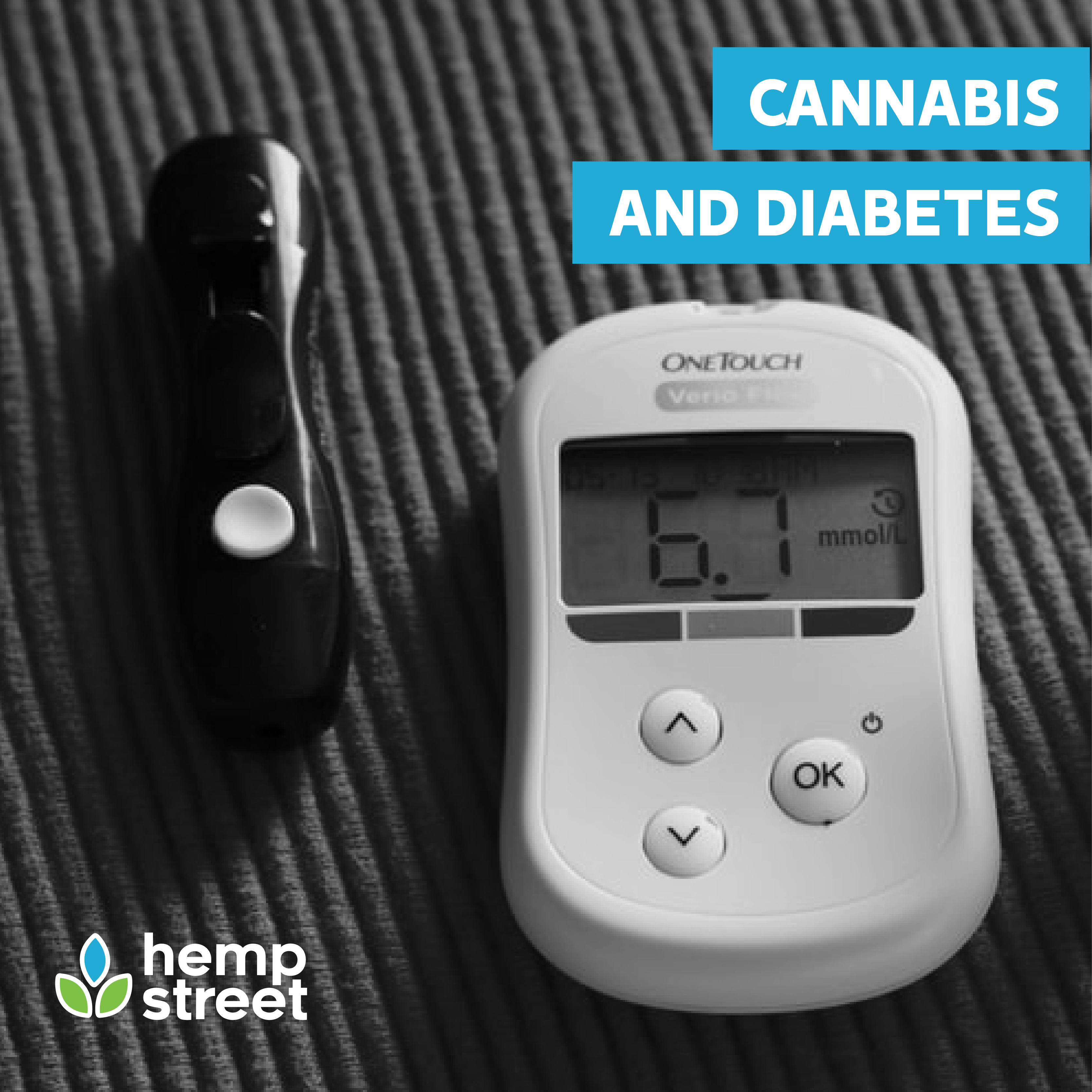Diabetes is an ailment that occurs when the body is unable to process blood glucose. This disease is associated with the hormone insulin that is made by the pancreas. Blood glucose is the source of energy required by our body that is made available to the body by the food we eat. The hormone helps the glucose to get to the cells, and when the body doesn’t make enough insulin, the cells don’t get the glucose that results in providing less energy to the body.
Diabetes is one of the most prevalent, and hard to treat, diseases today. According to the Center for Disease Control (CDC), over 100 million U.S. adults are now living with diabetes or prediabetes. Worldwide, it is estimated that 8.5% of adults have diabetes, up from 4.7% in 1980. Besides contributing to early deaths, diabetes is also a major cause of blindness, kidney failure, heart attacks, stroke, and lower limb amputation.
Depending on the type of diabetes, the symptoms may vary, like weight loss, frequent urination, increased thirst, fatigue, extreme hunger, etc. There are many health relates issues with diabetes, such as cardiovascular problems, kidney problem, a dental problem, foot problem, nerve problem, etc.
There are different types of Diabetes, like type I, type II and gestational diabetes. Sometimes, Doctors consult some people with borderline diabetes; basically, the person doesn’t have diabetes but is at the risk of having diabetes. The chances of a person getting diabetes increases when a person is overweight, genetics or family history, has PCOS, has high blood pressure, has a sedentary lifestyle, etc.
The cases of diabetes are rapidly increasing; it’s a chronic disease that leads to many deaths. This disease occurs mostly with people with lifestyle disorders. When a person has diabetes, the immune system also slows down resulting in patients catching infections, and the healing of wounds is slower.
Ayurveda is an ancient science and is holistic in its approach. Diabetes can be treated through the use of herbs like Triphala, shilajit, gurmur, etc. Ayurveda also suggests natural ways of controlling blood sugar such as drinking water in a copper vessel, drinking warm turmeric water, consuming natural ingredients such as amla, cinnamon powder, garlic, neem, fenugreek, etc.
The treatment of diabetes can be dealt in two ways, through consuming allopathic medicines or by getting insulin injections and by following some habits in daily lifestyles like dietary changes, weight reduction, exercise, etc.
How to manage Diabetes with help of Cannabis?
Cannabis is known to treat many ailments; one of them being diabetes. CBD and THC have shown some results to improve blood glucose. Some findings have noted that cannabinoid may improve insulin sensitivity. Hemp oil is the latest trends and is available in the market, and studies have found that CBD hemp oil is beneficial for the symptoms of diabetic patients like pain in hands and feet. Cannabis can help with below-mentioned benefits:
- Stabilise blood sugars – a large body of anecdotal evidence is building among people with diabetes to support this.
- Suppress some of the arterial inflammation commonly experienced by people with diabetes, which can lead to cardiovascular disease
- Prevent nerve inflammation and ease the pain of neuropathy – the most common complication of diabetes – by stimulating receptors in the body and brain.
- Lower blood pressure over time, which can help reduce the risk of heart disease and other diabetes complications
- Keep blood vessels open and improve circulation.
- Relieve muscle cramps and the pain of gastrointestinal (GI) disorders
- Be used to make topical creams to relieve neuropathic pain and tingling in hands and feet
Other organizations, such as the American Alliance for Medical cannabis, have also listed similar benefits of cannabis for people with diabetes.
Besides, the results mentioned above, cannabis works on the anti-inflammatory properties, relief from neuropathy pain, diabetic retinopathy, lower Body Mass Index (BMI), etc.
As we have discussed in our other articles, the consumption of cannabis is not free from side effects. Effects that are commonly known are faster heart rate, withdrawal symptoms, mood swings, etc. Also, one of the harmful effects of cannabis is over-eating, that is not good for people with diabetes.
At the end of it and the availability of limited evidence, the question always arises of using the substance responsibly. But the problem is who will set the boundary, who will take the responsibility?
References
[1] https://www.forbes.com/sites/andrebourque/2018/12/05/can-cannabis-treat-or-even-prevent-diabetes/#2a1ea4a44a52
[2] https://www.diabetes.co.uk/recreational-drugs/cannabis.html




